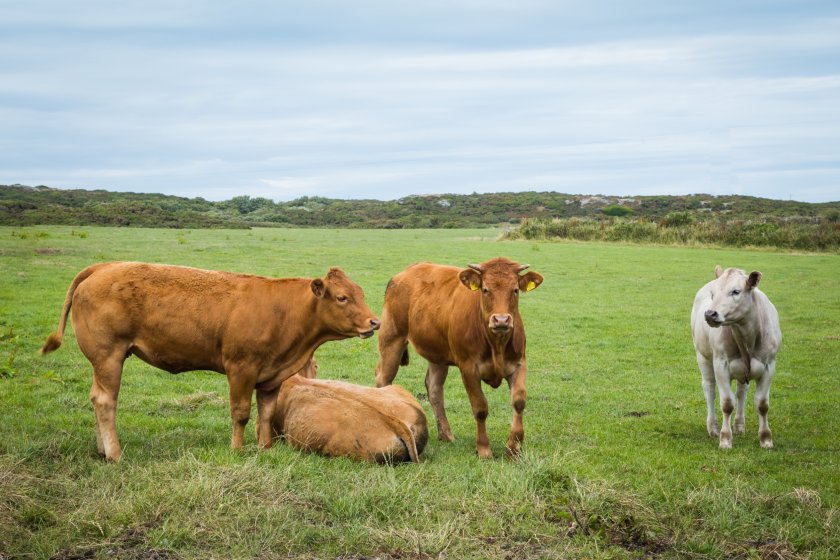
The Welsh government has been told to review the costs and administrative burdens on farmers resulting from the current TB testing regime following the confirmation of new testing requirements.
The industry call follows an announcement by the Minister for Rural Affairs, who outlined additional testing requirements for the Low and Intermediate risk areas of Wales.
The changes come as part of the Welsh government's 5-year Delivery Plan, published earlier this year.
From February 2024, pre-movement testing will be reintroduced into the Low TB Area of Wales (LTBA).
And cattle moving into the Intermediate TB Area from the High TB area of Wales, the High Risk Area of England and from Northern Ireland will need a post-movement test.
Farmers can still move cattle that have tested clear at a government funded routine surveillance test, such as the annual herd test.
In the announcement, Minister Lesley Griffiths said that new incidents have decreased by over 18% in the 12 months to June this year, when compared to the same period five years ago.
And the number of animals slaughtered for TB control has also decreased by almost 5%.
The Farmers' Union of Wales (FUW) said the announcement of further testing requirements for cattle would 'be of little surprise' to many farmers given the proposals contained in the last Welsh government TB consultation.
Dr Hazel Wright, FUW deputy head of policy, said: “In our response to this consultation we outlined that the expected impact on cattle welfare and human health and safety due to the increased gathering and handling required to comply with additional testing proposals should be determined prior to any additional testing requirements.
"However we are yet to receive this information despite today’s announcement.”
As part of its consultation response, the union stated that the priority for such herds should be protection against disease but only in a manner which was proportionate to the risks conferred by a given activity and the benefits gained by a given policy.
Whilst the FUW said it recognised the need to protect the Low Risk Area from further disease spread, the cost-benefit of increased testing 'must be fully considered'.
According to data provided by the Welsh government, between 2017 and 2022 there were over 860,000 pre-movement tests.
Of these, just 576 reactors and 610 inconclusive reactors were disclosed. In the LTBA, there were just 2 reactors over this time period - one in 2020 and one in 2021 - but more than 43,000 pre-movement tests conducted.
Over the same time period in the Intermediate Mid Risk Area, no reactors were disclosed from post movement testing.
Dr Wright said the increased costs of these new policies came at a time when the industry faced potential reductions to the compensation paid to cattle keepers following the compulsory slaughter of cattle infected with bTB.
She said the the financial and emotional costs of bTB were 'tremendous', as FUW analysis shows that the estimated total cost of TB pre-movement testing borne by cattle keepers was more than £2.3m, a 129% rise in industry testing costs since 2006.
“Sadly, testing costs are just a fraction of the costs borne by the industry in relation to this disease," Dr Wright said.
"No compensation is offered for the additional costs incurred such as lost revenue, loss of milk production, loss of breeding lines, delays to re-stocking and movement restrictions.
"These consequential losses suffered by a producer whose animals are compulsorily purchased can be significant and can run into tens of thousands of pounds."
She added: “We are therefore calling on the Welsh government to properly analyse the cost-benefit of such proposals and to take a more rounded view of the overall impact on farm businesses prior to implementation.”
